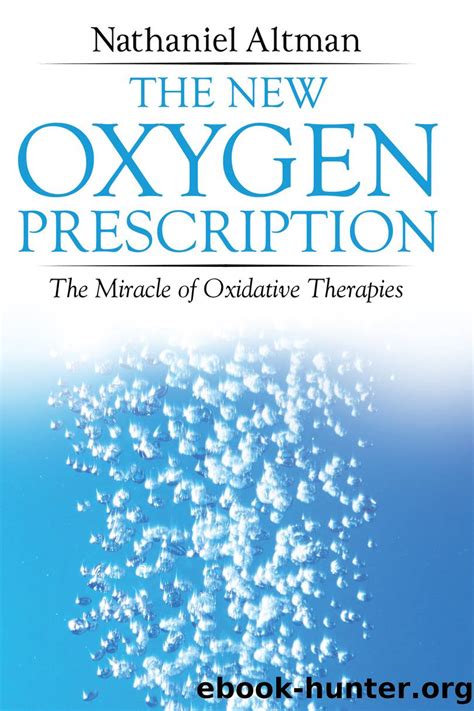A Quote by Marc Bekoff
Although other animals may be different from us, this does not make them LESS than us
Related Quotes
Humans — who enslave, castrate, experiment on, and fillet other animals — have had an understandable penchant for pretending animals do not feel pain. A sharp distinction between humans and 'animals' is essential if we are to bend them to our will, make them work for us, wear them, eat them — without any disquieting tinges of guilt or regret. It is unseemly of us, who often behave so unfeelingly toward other animals, to contend that only humans can suffer. The behavior of other animals renders such pretensions specious. They are just too much like us.
The modern State exists not to protect our rights but to do us good or make us good - anyway, to do something to us or to make us something. Hence the new name 'leaders' for those who were once 'rulers'. We are less their subjects than their wards, pupils, or domestic animals. There is nothing left of which we can say to them, 'Mind your own business.' Our whole lives are their business.
We humans are in such a strange position—we are still animals whose behavior reflects that of our ancestors, yet we are unique—unlike any other animal on earth. Our distinctiveness separates us and makes it easy to forget where we came from. Perhaps dogs help us remember the depth of our roots, reminding us—the animals at the other end of the leash—that we may be special, but we are not alone. No wonder we call them our best friends.
Although other animals cannot reason nor speak the way humans do, this does not give us the right to do with them as we like. Even though our supposed possession of a soul and superior intelligence are used to create an arbitrary dividing line over rights, the fact remains that all animals have the capacity to experience pain and suffering, and in suffering they are our equals.
It has been an obsession of human beings to create a hierarchy that places the human species on top and lumps all the "other animals" together beneath us. The resulting "speciesism" allows us to look upon animals as less deserving of all manner of rights and considerations than humans. To support this lower status, humans have argued that animals act instinctually; don't have souls; don't feel physical pain like we do; and lack self-consciousness, cognitive intelligence, emotional feelings, morality, and ethics.
The health of the planet is at stake, because the cruelty and the waste that accompanies the slaughter of billions of animals each year literally infects us all. We could consume healthy plant-based food produced at almost infinitely less cost. What does that say, really, about us and what we're doing... to animals and to ourselves?
Conversation with animals could happen, but I think it would be easier for it to happen with creatures we share a bit more with - those that have been bred to interact with us, like dogs or horses, or ones to whom we have a natural evolutionary link, like chimps and other nonhuman apes. I mean, we do communicate with dolphins and whales, but we're not trying to get to the depths of their understandings. I feel that with animals as different from us as the whales and dolphins, it's likely to work better with us just watching them and trying to figure them out.
Of course fear does not automatically lead to courage. Injury does not necessarily lead to insight. Hardship will not automatically make us better. Pain can break us or make us wiser. Suffering can destroy us or make us stronger. Fear can cripple us, or it can make us more courageous. It is resilience that makes the difference.
Doctors are human animals. They want to be loved, they are tribal, they instinctually favor stories over scientific evidence, they make mistakes, and even small gifts make them susceptible to being biased. If we took doctors seriously as human animals, we might hurt them - and they might hurt us - a lot less.
We can cooperate more easily with those who more easily intelligible to us, who are more familiar to us. But the advantages of specialization of labor often push us in the direction working with people who have different strengths and viewpoints than we do. I think that this is one major reason why moralities are always subject to change, because some of the people we cooperate with are going to be different from us in ways that often lead them to have different value orientations than we have; and interacting with them can change us.
I'd go to conference after conference and it would essentially be the talking points. Either pro or con. It's amazing how polarized the tech conversation is. There's also this neurological fixation, the incessant wondering what the Internet's doing to our brain: "Does it make us stupid, does it make us distracted?" And then the other guys say, "No, it's making us smarter than ever, and better than ever, and more connected." And it's like, where is the economic and social context? Why is that rarely considered?

































